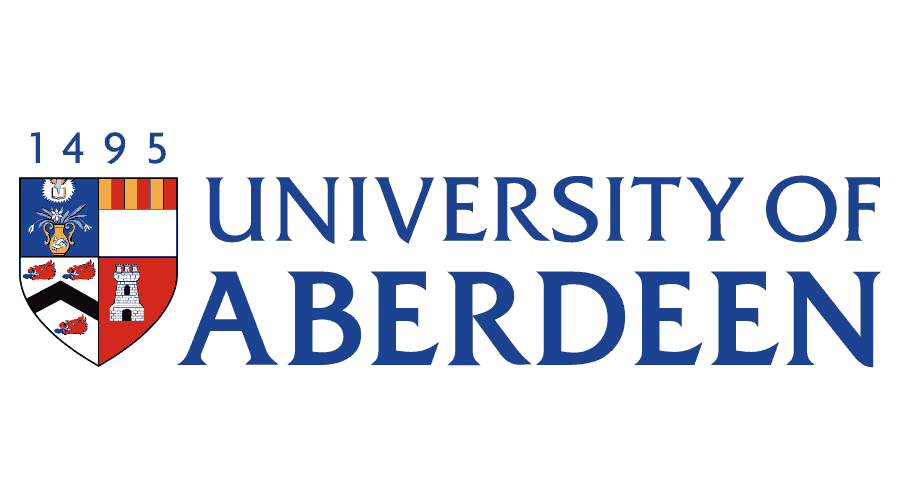Clinical Nutrition: Empowering Health Through Science
Clinical Nutrition is a dynamic field that combines the science of nutrition with medical practice to improve patient outcomes. For Indian students aspiring to make a global impact in healthcare, studying Clinical Nutrition abroad offers unparalleled opportunities to gain expertise in evidence-based dietary interventions. Whether you're passionate about preventing chronic diseases like diabetes or managing nutritional needs in hospitals, this course equips you with the skills to transform lives. With rising health awareness in India, professionals in this field are in high demand, making it an ideal choice for a rewarding career.
What is Clinical Nutrition?
Clinical Nutrition focuses on the role of nutrition in treating and preventing illnesses. Unlike general nutrition, it emphasizes therapeutic diets tailored to specific medical conditions. Students learn to assess nutritional status, design personalized meal plans, and collaborate with healthcare teams. In a world where lifestyle diseases are prevalent—especially in India with its high diabetes rates—this specialization bridges dietetics and medicine.
Key areas include:
- Nutritional assessment and screening for patients with chronic conditions.
- Enteral and parenteral nutrition for critically ill individuals.
- Management of obesity, cardiovascular diseases, and gastrointestinal disorders.
- Pediatric and geriatric nutrition to address life-stage specific needs.
- Integration of cultural dietary practices, which is particularly relevant for Indian students adapting global knowledge to local contexts.
Why Study Clinical Nutrition Abroad?
India's healthcare sector is booming, but advanced training abroad exposes you to cutting-edge research and international standards. Countries like the USA, UK, Australia, and Canada offer state-of-the-art facilities and diverse patient populations, enhancing your practical skills. As an Indian student, you'll benefit from scholarships, multicultural environments, and networking opportunities that boost your employability back home.
Studying abroad also aligns with global health trends. According to the World Health Organization, malnutrition affects millions worldwide, and clinical nutritionists play a pivotal role in solutions. Returning to India with an international degree positions you for roles in top hospitals like AIIMS or private chains like Apollo, where demand for specialized nutritionists is surging.
Course Overview and Curriculum
A typical Bachelor's or Master's in Clinical Nutrition spans 3-4 years for undergrads and 1-2 years for postgrads. The curriculum blends theory, lab work, and clinical placements, ensuring hands-on experience.
Core Modules
| Module | Description | Skills Gained |
|---|---|---|
| Biochemistry of Nutrition | Explores how nutrients interact at a cellular level. | Understanding metabolism and nutrient deficiencies. |
| Clinical Dietetics | Covers therapeutic diets for diseases like cancer and renal failure. | Designing evidence-based meal plans. |
| Public Health Nutrition | Focuses on community-level interventions and policy. | Addressing epidemics like obesity in populations. |
| Research Methods in Nutrition | Teaches data analysis and ethical research practices. | Conducting clinical trials and publishing findings. |
| Professional Practice | Includes internships in hospitals and clinics. | Interdisciplinary teamwork and patient counseling. |
Electives might include sports nutrition, oncology dietetics, or sustainable food systems, allowing customization based on interests. Many programs incorporate technology, like nutritional software for tracking patient progress.
Eligibility Criteria for Indian Students
To pursue Clinical Nutrition abroad, Indian students need a strong academic foundation. Requirements vary by country and university, but here's a general guide:
- Academic Qualifications: For Bachelor's, 10+2 with Biology, Chemistry, and Physics (minimum 60-70% aggregate). For Master's, a Bachelor's in Nutrition, Dietetics, or related field (e.g., B.Sc. in Home Science) with 55%+ marks.
- Entrance Exams: IELTS/TOEFL for English proficiency (IELTS 6.5+). Some programs require GRE or subject-specific tests.
- Work Experience: Preferred for Master's; 1-2 years in healthcare or dietetics boosts applications.
- Documents: Transcripts, SOP (Statement of Purpose) highlighting your passion for nutrition, LORs (Letters of Recommendation), and passport.
- Visa and Finances: Proof of funds for tuition (INR 10-30 lakhs/year) and living expenses. Scholarships like Fulbright (USA) or Chevening (UK) can offset costs for meritorious Indian students.
Tip: Start preparing early—deadlines are often 6-12 months in advance. Universities like the University of Sydney (Australia) offer pathways for Indian qualifications.
Duration, Fees, and Scholarships
Programs are flexible: Bachelor's (3-4 years), Master's (1-2 years), or PhD (3-5 years) for research-oriented paths.
- USA: Tuition: $20,000-40,000/year. Duration: 4 years undergrad.
- UK: Tuition: £15,000-25,000/year. Duration: 3 years undergrad, 1 year Master's.
- Australia: Tuition: AUD 30,000-45,000/year. Known for practical training.
- Canada: Tuition: CAD 20,000-35,000/year. Affordable post-study work visas.
Scholarships for Indian students include:
- Commonwealth Scholarships (UK/Australia): Covers full tuition for Master's.
- DAAD Scholarships (Germany): Low-cost programs with stipends.
- University-Specific Aid: E.g., NYU's merit-based grants in the USA.
- Indian Government Schemes: ICCR scholarships for cultural exchange.
Part-time jobs (20 hours/week) and post-study work options help manage expenses, with many countries allowing 1-3 years of work post-graduation.
Career Opportunities and Salary Prospects
Graduates in Clinical Nutrition enjoy versatile careers. In India, the field is growing at 15% annually, driven by wellness trends and hospitals expanding nutrition departments.
Job Roles:
- Clinical Dietitian in hospitals (e.g., Fortis, Max Healthcare).
- Nutritional Consultant for pharma companies like Nestle or Abbott.
- Public Health Nutritionist with NGOs like WHO or UNICEF India.
- Researcher/Academic in universities like Manipal or AIIMS.
- Private Practice or Wellness Coach, capitalizing on India's health tourism.
Salary Expectations:
| Experience Level | India (INR Lakhs/Year) | Abroad (USD/GBP/AUD) |
|---|---|---|
| Entry-Level | 3-6 | 40,000-60,000 |
| Mid-Level (5+ years) | 8-15 | 70,000-100,000 |
| Senior/Consultant | 20+ | 120,000+ |
With an international degree, salaries can be 20-30% higher in India. Certifications like Registered Dietitian (RD) from abroad enhance credentials.
Top Universities for Clinical Nutrition
Select institutions renowned for their programs:
- USA: Tufts University (Friedman School of Nutrition) – Focus on clinical research.
- UK: King's College London – Emphasis on NHS-integrated training.
- Australia: University of Wollongong – Strong in sports and clinical nutrition.
- Canada: University of Toronto – Diverse clinical placements.
- Europe: Wageningen University (Netherlands) – Affordable and research-heavy.
These universities rank high in QS World Rankings for health sciences and offer Indian student support, including vegetarian meal options and cultural clubs.
Benefits for Indian Students
Studying abroad in Clinical Nutrition isn't just about academics—it's a holistic experience. You'll gain exposure to global cuisines while learning to adapt Indian dietary staples like lentils and spices into therapeutic plans. The multicultural setting fosters resilience and broadens perspectives, essential for India's diverse population.
Challenges like homesickness are mitigated by vibrant Indian communities abroad. Plus, returning with expertise addresses India's nutrition challenges, from micronutrient deficiencies in rural areas to urban lifestyle diseases.
Application Tips and Next Steps
To succeed:
- Research programs via university websites or platforms like Studyportals.
- Craft a compelling SOP: Link your interest to personal experiences, like family health stories.
- Prepare for interviews: Discuss current trends like plant-based diets in clinical care.
- Seek guidance from education consultants specializing in Indian students.
- Apply for scholarships simultaneously to ease financial burdens.
Embark on this journey to become a nutrition expert shaping healthier futures. For personalized advice, contact our study abroad counselors today!


